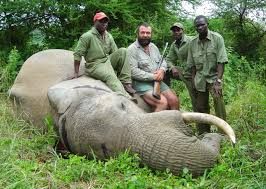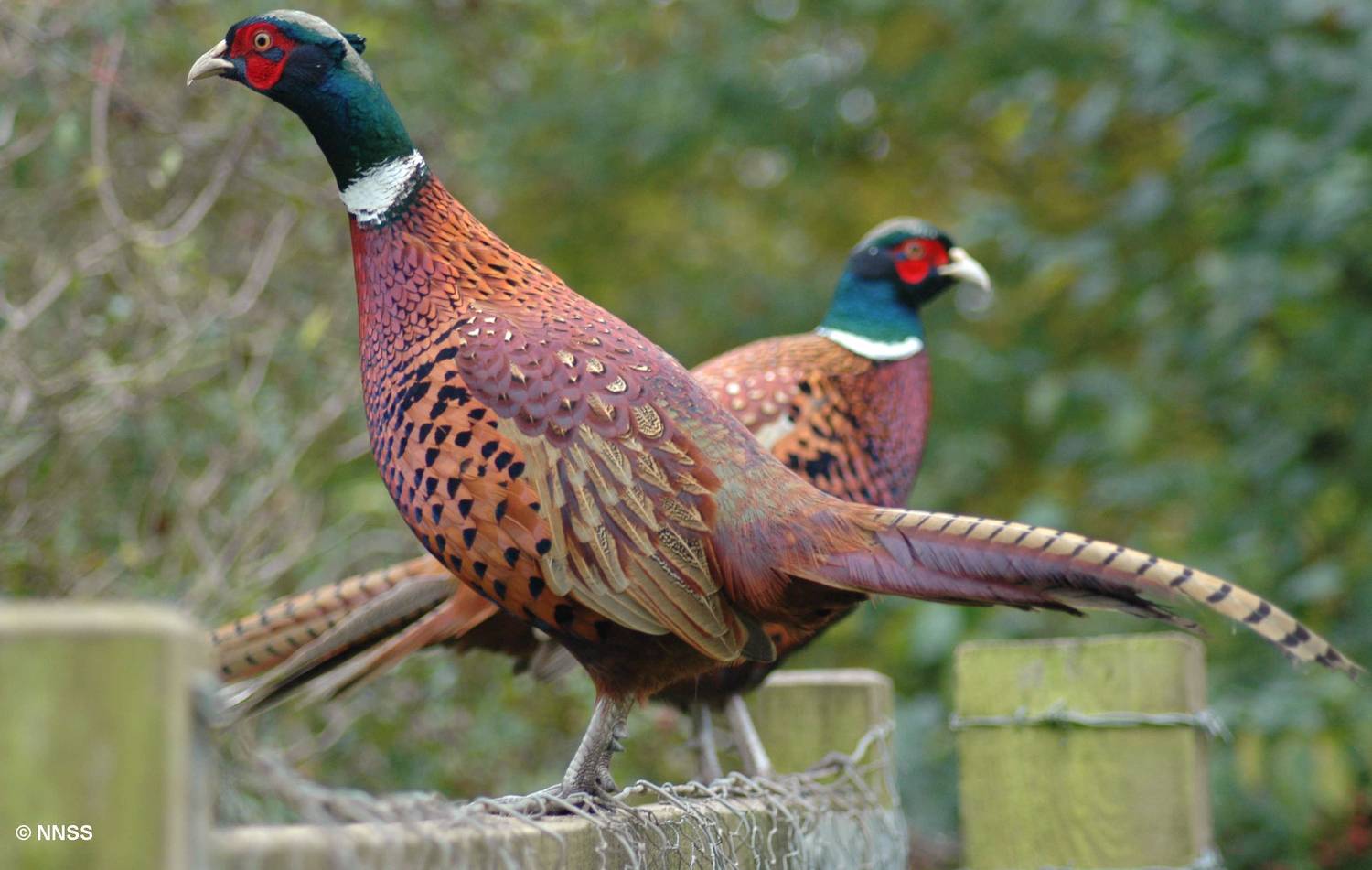Stamp with Attached Label: English Setter and Pheasant (Romania 2024)
English Setter and Pheasant (Romania 2024)
12 March (Romania ) within release 100 Years of the General Association of Hunters and Anglers goes into circulation Stamp with Attached Label English Setter and Pheasant face value 4.60 Romanian leu
| Stamp with Attached Label English Setter and Pheasant in catalogues | |
|---|---|
| Romfilatelia: | Rom: RO 2457(2)SL |
| Colnect codes: | Col: RO 2024.03.12-02b |
Stamp with Attached Label is horizontal format.
Also in the issue 100 Years of the General Association of Hunters and Anglers:
- Stamp with Attached Label - English Setter and Pheasant face value 4.60;
- Stamp - English Setter and Pheasant face value 4.60;
- Tete-Beche - English Setter and Pheasant face value 2*4.60;
- Tete-Beche - English Setter and Pheasant face value 2*4.60;
- Souvenir Sheet - Hunting Dogs and Game Animals face value 36.60;
- Stamp with Attached Label - Irish Setter and Quail face value 5;
- Stamp - Irish Setter and Quail face value 5;
- Tete-Beche - Irish Setter and Quail face value 2*5;
- Tete-Beche - Irish Setter and Quail face value 2*5;
- Stamp with Attached Label - Transylvanian Hound and Wild Boar face value 2;
- Stamp - Transylvanian Hound and Wild Boar face value 2;
- Tete-Beche - Transylvanian Hound and Wild Boar face value 2*2;
- Tete-Beche - Transylvanian Hound and Wild Boar face value 2*2;
- Stamp with Attached Label - Wirehaired Dachshund and Fox face value 25;
- Stamp - Wirehaired Dachshund and Fox face value 25;
- Tete-Beche - Wirehaired Dachshund and Fox face value 2*25;
- Tete-Beche - Wirehaired Dachshund and Fox face value 2*25;
Stamp with Attached Label English Setter and Pheasant it reflects the thematic directions:
Animals are multicellular, eukaryotic organisms of the kingdom Animalia (also called Metazoa). All animals are motile, meaning they can move spontaneously and independently, at some point in their lives. Their body plan eventually becomes fixed as they develop, although some undergo a process of metamorphosis later on in their lives. All animals are heterotrophs: they must ingest other organisms or their products for sustenance.
Birds (Aves), a subgroup of Reptiles, are the last living examples of Dinosaurs. They are a group of endothermic vertebrates, characterised by feathers, toothless beaked jaws, the laying of hard-shelled eggs, a high metabolic rate, a four-chambered heart, and a strong yet lightweight skeleton. Birds live worldwide and range in size from the 5 cm (2 in) bee hummingbird to the 2.75 m (9 ft) ostrich. They rank as the class of tetrapods with the most living species, at approximately ten thousand, with more than half of these being passerines, sometimes known as perching birds. Birds are the closest living relatives of crocodilians.
The domestic dog (Canis lupus familiaris or Canis familiaris) is a member of genus Canis (canines) that forms part of the wolf-like canids, and is the most widely abundant carnivore. The dog and the extant gray wolf are sister taxa, with modern wolves not closely related to the wolves that were first domesticated. The dog was the first domesticated species and has been selectively bred over millennia for various behaviors, sensory capabilities, and physical attributes. Their long association with humans has led dogs to be uniquely attuned to human behavior and they are able to thrive on a starch-rich diet that would be inadequate for other canid species. Dogs vary widely in shape, size and colours. Dogs perform many roles for people, such as hunting, herding, pulling loads, protection, assisting police and military, companionship and, more recently, aiding handicapped individuals. This influence on human society has given them the sobriquet "man's best friend".
Hunting is the human practice of seeking, pursuing, capturing, or killing wildlife or feral animals. The most common reasons for humans to hunt are to exploit the animal's body for meat and useful animal products (fur/hide, bone/tusks, horn/antler, etc.), for recreation/taxidermy (see trophy hunting), although it may also be done for non-exploitative reasons such as removing predators dangerous to humans or domestic animals (e.g. wolf hunting), to eliminate pests and nuisance animals that damage crops/livestock/poultry or spread diseases (see varminting), for trade/tourism (see safari), or for ecological conservation against overpopulation and invasive species.
The Medal of Honor (MOH) is the United States Armed Forces' highest military decoration and is awarded to recognize American soldiers, sailors, marines, airmen, guardians, and coast guardsmen who have distinguished themselves by acts of valor. The medal is normally awarded by the President of the United States (the commander in chief of the armed forces) and is presented "in the name of the United States Congress." It is often, not strictly correctly, referred to as the Congressional Medal of Honor
Pheasants (/ˈfɛzənts/ FEH-zənts) are birds of several genera within the family Phasianidae in the order Galliformes. Although they can be found all over the world in introduced (and captive) populations, the pheasant genera's native range is restricted to Eurasia. The classification "pheasant" is paraphyletic, as birds referred to as pheasants are included within both the subfamilies Phasianinae and Pavoninae, and in many cases are more closely related to smaller phasianids, grouse, and turkey (formerly classified in Perdicinae, Tetraoninae, and Meleagridinae) than to other pheasants





